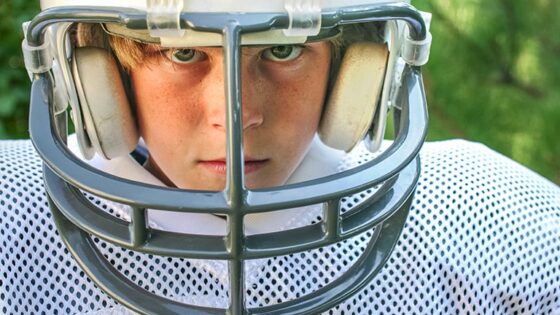
It can be difficult to tell whether a child has suffered a concussion, as they may not exhibit all of the common symptoms. Here are some tips on how to recognize the signs of concussions in children. If you suspect that your child has sustained a concussion, please seek medical attention right away.
A concussion is a brain injury caused by a sudden hit, jolt or blow to the head that causes the brain to move within the skull. In general, concussions are easier to diagnose in adults than they are in children. This is because adults often experience more common symptoms, such as nausea and headaches, while children may only exhibit a few of these symptoms. For this reason, it’s important for parents and caregivers to be aware of the signs of concussion in children so that they can seek medical attention if necessary.
Signs to Watch Out For
Some of the most common signs of a concussion in children include dizziness or balance problems, changes in behavior or mood, trouble with concentration or memory issues, headache pain, loss of consciousness or feeling dazed, nausea or vomiting, sensitivity to light and sound. If your child exhibits any combination of these symptoms after an incident—whether it was caused by a sports injury, fall, or another type of accident—it’s important to seek medical attention right away.
- dizziness
- balance problems
- changes in behavior
- changes in mood
- trouble with concentration
- memory issues
- headache
- loss of consciousness
- feeling dazed
- nausea or vomiting
- sensitivity to light or sound
- changes in vision
In addition to these general signs, there are certain behavioral cues you can look out for that may indicate your child is suffering from a concussion. For example, if they become irritable, seem confused or disoriented, have trouble sleeping or experience changes in eating habits following an incident, it may be a sign that they’ve sustained a concussion and should be examined by a doctor.
Diagnosis of Concussions in Children
One of the challenges in diagnosing concussion is that there is no one definitive test that can be used to make the diagnosis. Instead, doctors have to rely on a combination of symptoms and findings from a physical examination. In some cases, imaging tests such as CT or MRI may also be helpful in diagnosing concussion. If you suspect that your child has suffered a concussion, it is important to seek medical attention right away. With prompt diagnosis and treatment, most children will make a full recovery from their concussion.
Treatment of Concussions in Children
Even a mild concussion can cause significant problems for children. Because their brains are still developing, they are more vulnerable to the effects of head injuries. Concussions can cause problems with thinking and memory, as well as mood swings and behavior changes. In some cases, concussions can even lead to long-term problems such as chronic headaches and learning difficulties. For these reasons, it is essential that children receive prompt and proper treatment for concussions. Depending on the severity of the injury, treatment may involve rest, pain relief, and cognitive rehabilitation. Children should also avoid any activities that could exacerbate symptoms, such as running or playing sports. In some cases, children may need to be hospitalized for observation. By getting prompt treatment, children can minimize the risk of long-term complications from a concussion.
If you suspect that your child has suffered from a concussion, please speak with your healthcare provider immediately. They will be able to run any necessary tests and recommend treatment options if needed. For more articles or information about Family First Urgent Care, visit www.FamilyFirstUrgentCareConroe.com.
- Cultural Competency in Urgent Care: Providing Inclusive Patient Care - April 11, 2025
- Key Facts About Hormone Replacement Therapy and Women’s Wellness - March 24, 2025
- Urgent Care for the Elderly: Specialized Services for Senior Patients - March 24, 2025



